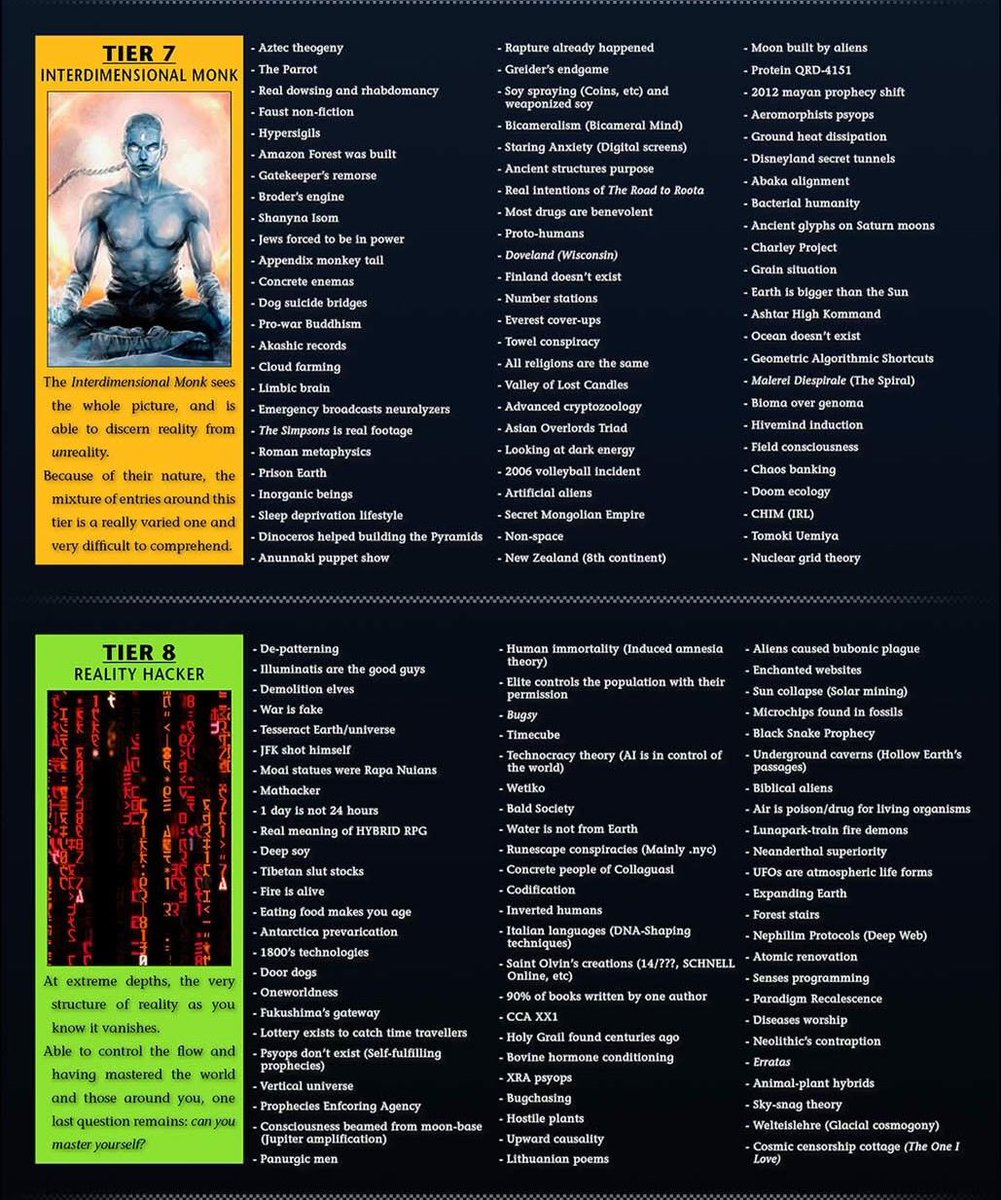

Hart published a detailed examination of the paradox, one of the first to do so. In turn, Tsiolkovsky himself was not the first to discover the paradox, as shown by his reference to other people's reasons for not accepting the premise that extraterrestrial civilizations exist.

Therefore, he proposed what is now known as the zoo hypothesis and speculated that mankind is not yet ready for higher beings to contact us. But it was one for him, since he believed in extraterrestrial life and the possibility of space travel. He noted "people deny the presence of intelligent beings on the planets of the universe" because "(i) if such beings exist they would have visited Earth, and (ii) if such civilizations existed then they would have given us some sign of their existence." This was not a paradox for others, who took this to imply the absence of extraterrestrial life. An earlier implicit mention was by Konstantin Tsiolkovsky in an unpublished manuscript from 1933. įermi was not the first to ask the question. However, there is no convincing evidence that this has happened.Since many of the Sun-like stars are billions of years older than the Sun, the Earth should have already been visited by extraterrestrial civilizations, or at least their probes.Even at the slow pace of currently envisioned interstellar travel, the Milky Way galaxy could be completely traversed in a few million years.Some of these civilizations may have developed interstellar travel, a step humans are investigating now.If Earth-like planets are typical, some may have developed intelligent life long ago. Many of these stars, and hence their planets, are much older than the Sun.With high probability, some of these stars have Earth-like planets in a circumstellar habitable zone.There are billions of stars in the Milky Way similar to the Sun.The following are some of the facts and hypotheses that together serve to highlight the apparent contradiction: There have been many attempts to resolve the Fermi paradox, such as suggesting that intelligent extraterrestrial beings are extremely rare, that the lifetime of such civilizations is short, or that they exist but (for various reasons) humans see no evidence. The conversation moved on to other topics, until during lunch Fermi blurted out, "But where is everybody?" (although the exact quote is uncertain). While walking to lunch, the men discussed recent UFO reports and the possibility of faster-than-light travel.

Italian-American physicist Enrico Fermi's name is associated with the paradox because of a casual conversation in the summer of 1950 with fellow physicists Edward Teller, Herbert York, and Emil Konopinski. As a 2015 article put it, "If life is so easy, someone from somewhere must have come calling by now." The Fermi paradox is the discrepancy between the lack of conclusive evidence of advanced extraterrestrial life and the apparently high likelihood of its existence. For a type of estimation problem, see Fermi problem. This article is about the absence of clear evidence for space aliens.


 0 kommentar(er)
0 kommentar(er)
